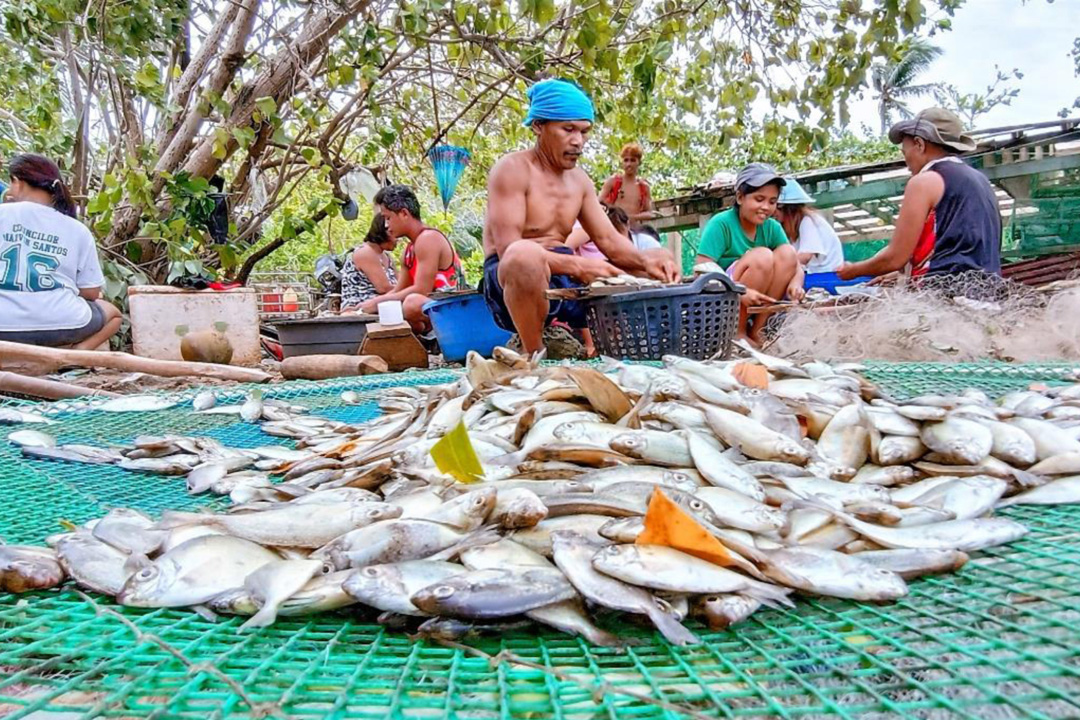
THE government needs to crack down on illegal fishing in municipal waters and reduce fish imports if it expects fisherfolk and marine resources to thrive, a conservation group said.
“We are already feeling the pinch of a global food crisis, including decreasing national fish stock. The country’s aquaculture and marine resources should be prioritized as a major source of food and nutrition for Filipinos, but these continue to degrade because of lack of political will to fully and vigorously implement fishery laws, policies and regulations,” Oceana Philippines Vice-President Gloria E. Ramos said in a statement.
“We are asking President Ferdinand R. Marcos, Jr. to stop importing fish; implement an inclusive, science-based fisheries management plan; and prosecute commercial fishers encroaching in municipal waters,” she added.
Ms. Ramos said that the government should protect the 15-kilometer zone marking the extent of municipal waters from commercial fishing operations and support programs to develop the 12 designated Fisheries Management Areas (FMAs).
“While there are initial successes in Eastern Visayas, Zamboanga Peninsula and Davao regions, and that the 12 FMAs have their respective management boards and scientific advisory groups, much is still to be desired in the implementation of their FMA management plans to effectively restore our fishing grounds and ensure that small fisherfolk are provided ample assistance for their livelihood, post-harvest facilities and perhaps fuel and food subsidies to improve their income and their families’ well-being,” she said.
“The Bureau of Fisheries and Aquatic Resources should continuously work hand in hand with fishing industry stakeholders and local government unit (LGU) officials to ensure that our marginalized fisherfolk and coastal communities are taken care of,” she added.
Oceana Philippines is also calling for the full compliance with fisheries law via the mandatory use of vessel monitoring devices by all registered and qualified commercial fishing vessels.
“In lieu of importing fish, the government should instead protect our municipal waters, home to coral reefs, seagrass and mangroves, which serve as fish shelters and spawning grounds, and thus must be preserved as mandated by the existing fisheries and environmental laws,” Mrs. Ramos said.
“In particular, they should be protected from illegal entry of commercial fishing vessels. Government should fully implement the vessel monitoring rules to track and identify the ownership and location of commercial fishing vessels,” she added. — Luisa Maria Jacinta C. Jocson



